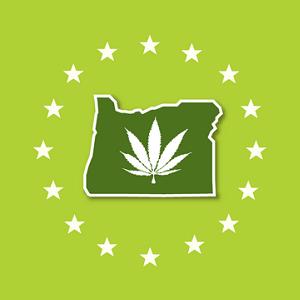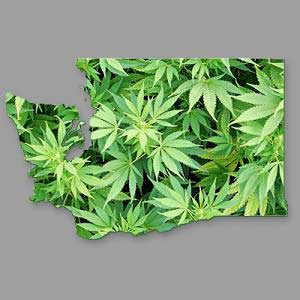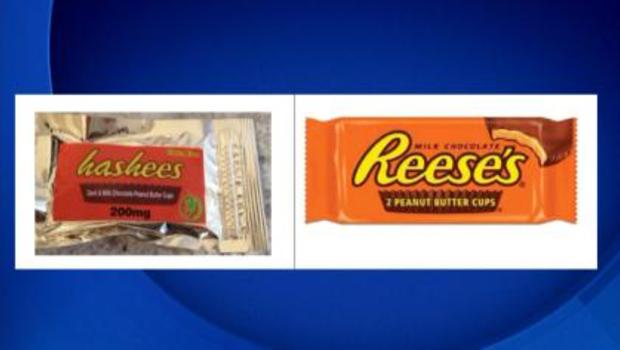Marijuana’s Moment Has Arrived
When we find people more articulate than ourselves, we feature them. I mean, why wouldn’t we? The following essay by Princeton University historian Julian Zilizer breaks down the reason legalization is inevitable. We couldn’t have said it better….
http://www.cnn.com/2014/08/11/opinion/zelizer-marijuana-moment-arrives/index.html?hpt=hp_t3











